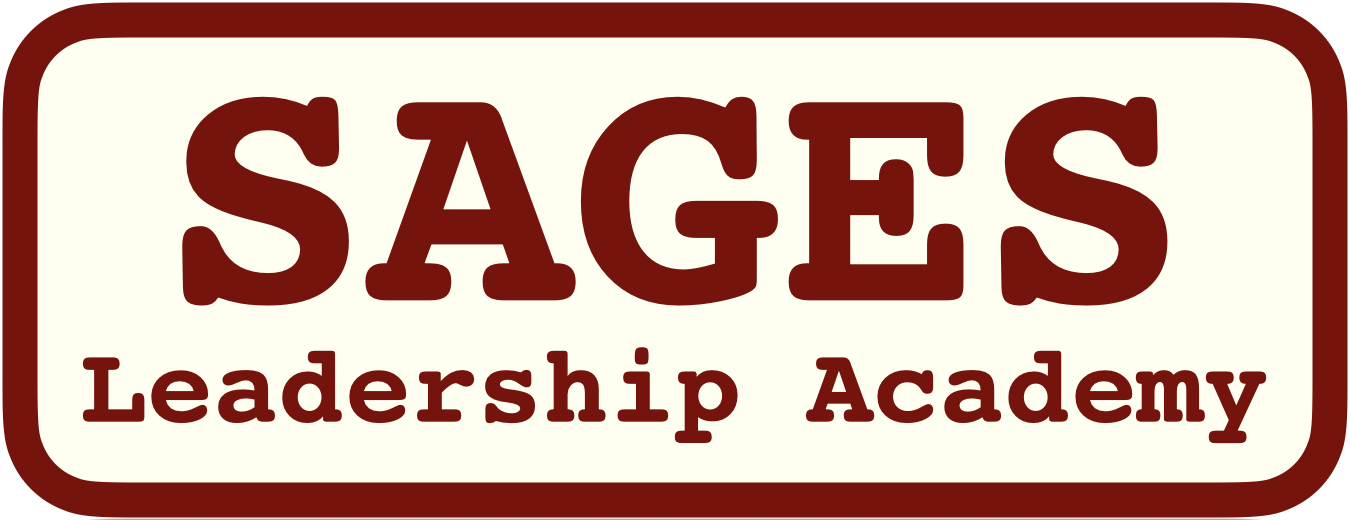The Halo Effect

Halo Effect is a cognitive bias that affects the way we make decisions.
Now what is a cognitive bias?
Cognitive bias is a systematic error in making judgments and thinking that occurs when people are processing and interpreting information in the world around them that affects the decisions that they make. Cognitive biases are often a result of your brain’s attempt to simplify information processing
We would like to believe we are objective and rational, and generally make good decisions in our lives. Unfortunately, this is not always true, we are all prone to using heuristics and having cognitive biases which lead us to make irrational and incorrect decisions.
In this article we look at one such bias, the Halo Effect. Let’s find out what it is and how it affects us.
Halo effect
We once bought a music system of brand P, it lasted for 10 years. Between shifting houses, sitting untouched for months, and clumsy kids who dropped water on it on more than one occasion, it lasted through it all. Twenty years later today, brand P is not bad, but there are better brands for electronics, and each product has a different brand leader. Even so, today if I or my family see any electronic item of brand P, we are inclined to buy it, very clearly demonstrating the halo effect.
The halo effect occurs when our positive impressions of people, brands, and products in one area lead us to have positive feelings in other areas. So, we have one positive impression about someone or thing, and we tend to make assumptions and form an overall impression, based on that one impression. She is intelligent, so she must also be competent, well-read, and articulate.
Why?
The halo effect occurs because human social perception is a constructive process. When forming an impression, we do not rely on merely objective information, we are trying to actively construct an image that fits with what we already know about someone. Thus, it is our general overall perceptions, the models we make in our minds about situations and things that skew our ability to make objective judgments on characteristics.
Situations
One example of the halo effect is the attractiveness stereotype, where attractive individuals are judged more positively than their unattractive peers. We can see this effect even in court sentencings. One study performed on undergraduates found subjects were more lenient in sentencing attractive people than unattractive ones for the exact same crime.
Yet another example is Assessment in school, where the halo effect can be seen. In a classroom the students with the most attractive physical qualities, even just having attractive names can skew a teachers judgmenet. This even when the teachers are experienced and have been in the field for a long time.
How to avoid it
To minimize the likelihood, that you will be influenced by the halo effect, you can slow down your reasoning process. For example, when you meet someone new, try to form two different impressions. Over time you can assess which of the two is closer to the reality
To overcome the halo effect, it is also recommended to have certain deliberate rules. For instance; when reviewing performance ask yourself ‘how did this person perform, did they complete their goals?’ having a few rules in place will reduce subjective evaluations. Everyone should get the opportunity to shine regardless of how we feel about them. So evaluate actions carefully.
We have taken a look at how “Halo Effect” affects out thoughts and opinions. But, there are many more biases that can overwhelm our rational thought processes. So read on to other biases to make more intentional and informed choices.
References
Perera Ayesha, Why the Halo Effect Affects How We Perceive Others https://www.simplypsychology.org/halo-effect.html
Why the Halo Effect Influences How We Perceive Others https://www.verywellmind.com/what-is-the-halo-effect-2795906
Clifford, M. M., & Walster, E. (1973). The effect of physical attractiveness on teacher expectations. Sociology of education,
Sigall H. Beautiful but Dangerous: Effects of Offender Attractiveness and Nature of the Crime on Juridic Judgment. Journal of Personality and Social Psychology. 31 (3): 410–414. doi:10.1037/h0076472.

